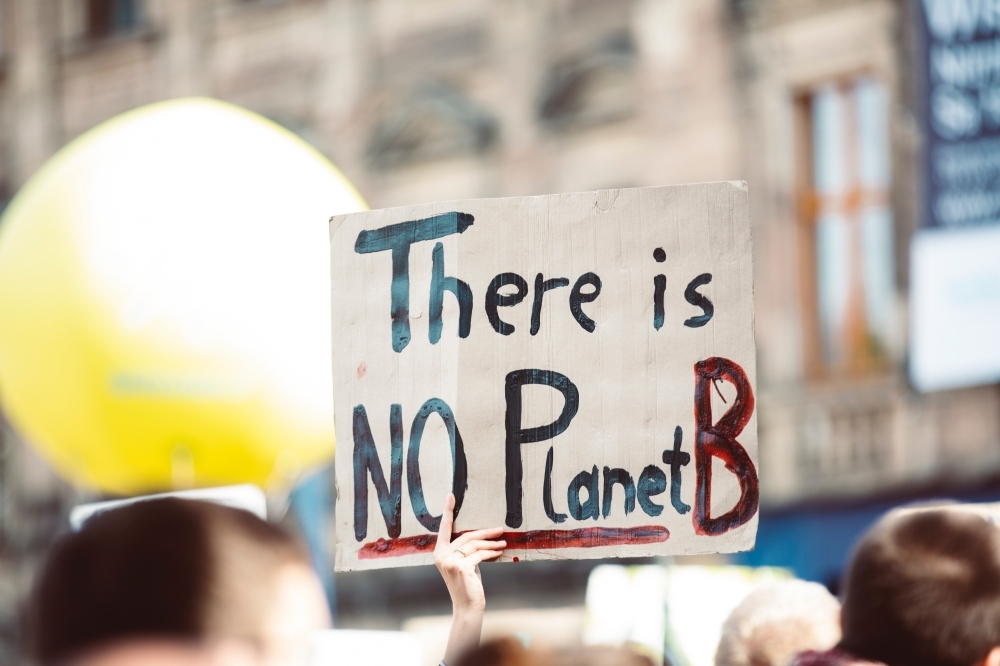EIF reaccredited by Green Climate Fund
The Environmental Investment Fund (EIF) signed an accreditation master agreement with the Green Climate Fund (GCF) after it was reaccredited for another five years.The signing took place on the sidelines of the second GCF Global Programming Conference held from 13 to 15 September in Incheon, Korea, and follows after the initial 5-year accreditation lapsed in June 2021. The EIF’s reaccreditation means that it is officially recognised as having the globally recognised standards, competence, and governance systems to access the financial resources of the GCF.
According to the EIF, the reaccreditation was preceded by a rigorous institutional review and assessment of the fund. It said that the EIF was first accredited by the GCF in 2016 as a direct access entity for country-level programme delivery.
“To date, the fund has raised more than N$640 million for climate action grants and readiness support from the GCF for the country,” the fund said.
The GCF is a fund within the framework of the United Nations Framework Convention for Climate Change (UNFCCC), which was established to assist developing countries in adaptation and mitigation measures to counter climate change.
GCF’s mandate is to foster a paradigm shift towards low emissions and climate-resilient development pathways in developing countries.
According to the EIF, the reaccreditation assessment process considered the fiduciary standards, good governance, transparency, leadership, risk management, environment and social governance systems, and financial management systems of the EIF and all other applying institutions.
The EIF said that it aims to raise funding from the GCF totalling N$1.5 billion by the year 2026.
“This funding will be used to create new, much-needed industries that will support economic growth in areas such as rural development; renewable energy; water management; environmentally sound waste management systems; sustainable agriculture; recycling; green technology industries; ecosystem-based businesses; environmental research training; bursaries and scholarships; and green value chains in the manufacturing sector.”
It added that all the listed interventions contribute to inclusive economic growth and poverty eradication, employment creation, and food and water security.
It is estimated that a shift towards a greener economy in Namibia has the potential to create 3 500 jobs within the next three years.
“The fund is delighted that with this signing ceremony, the tangible benefits of the new funding opportunities for various projects in line with Namibia’s developmental objectives agenda will start soon.”



